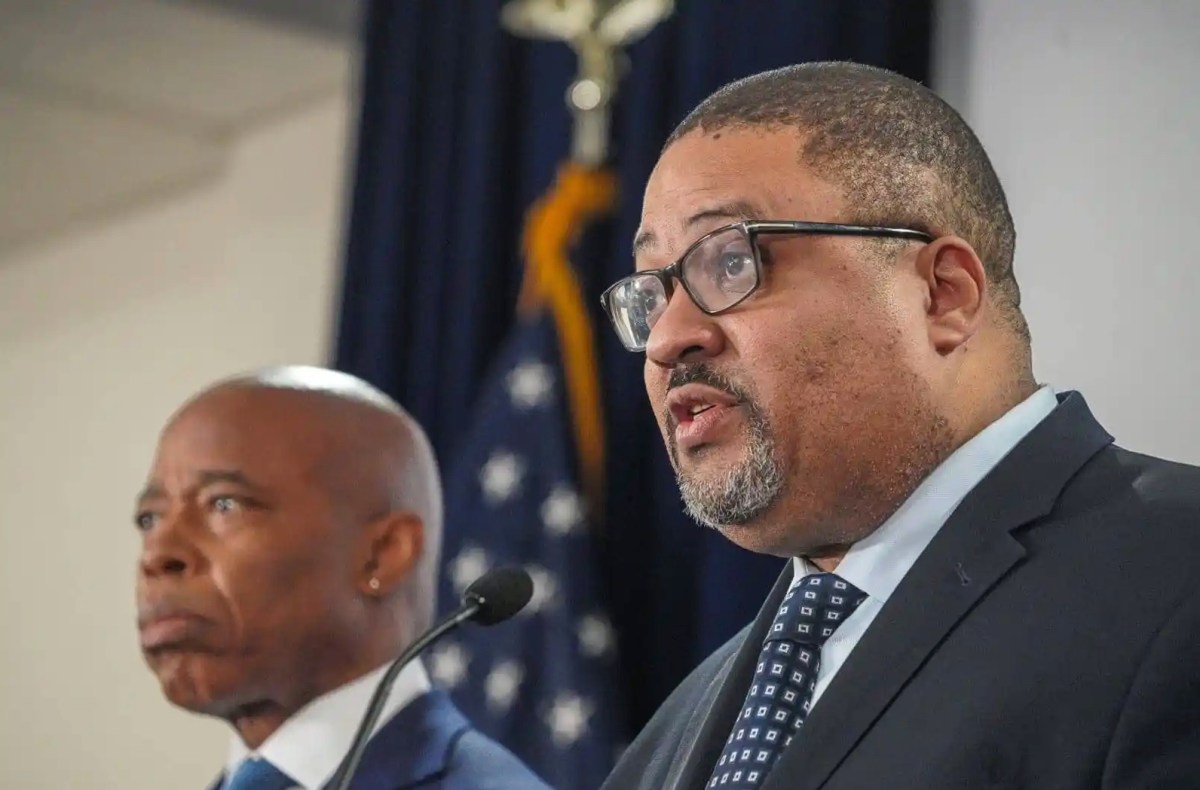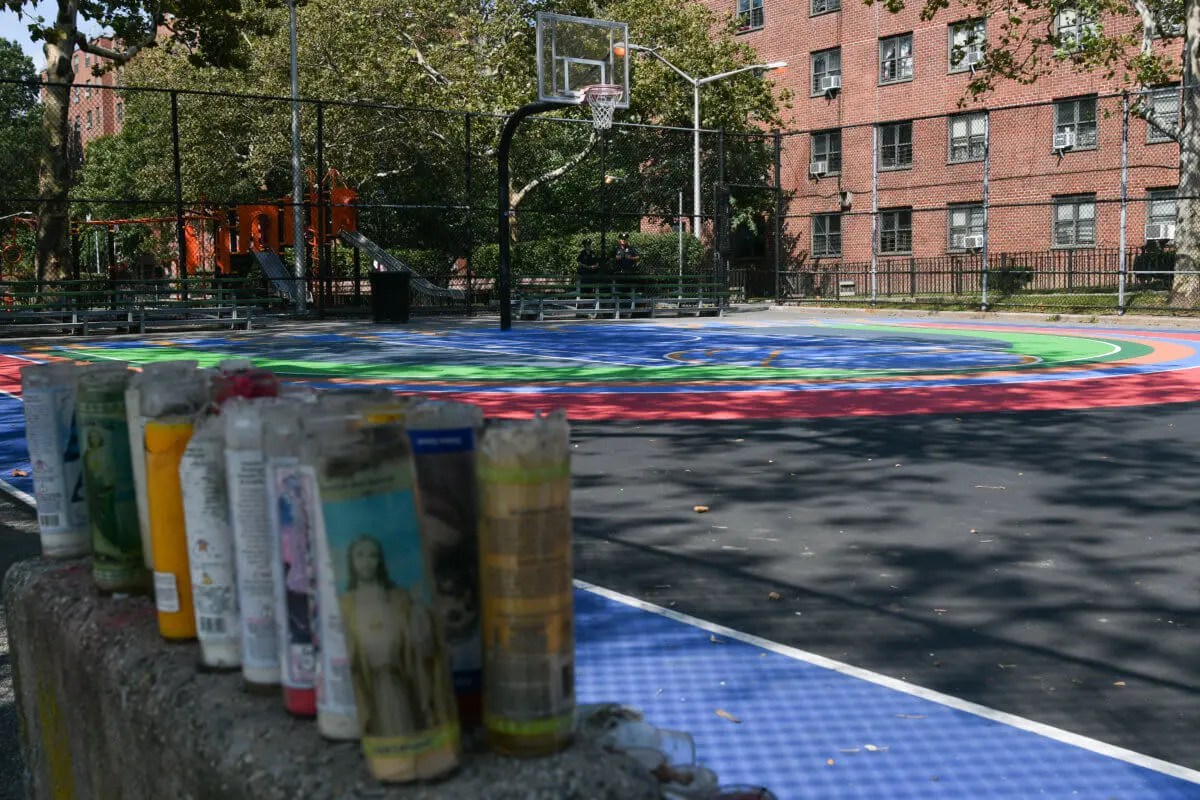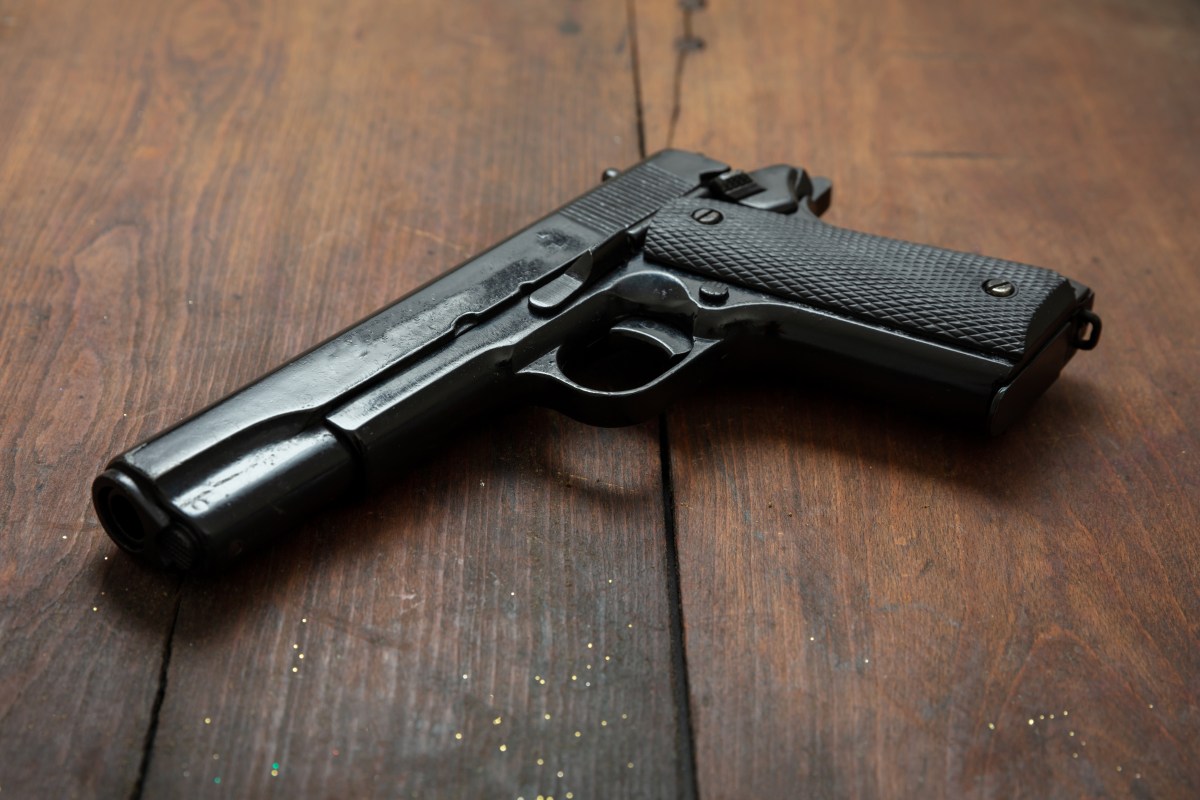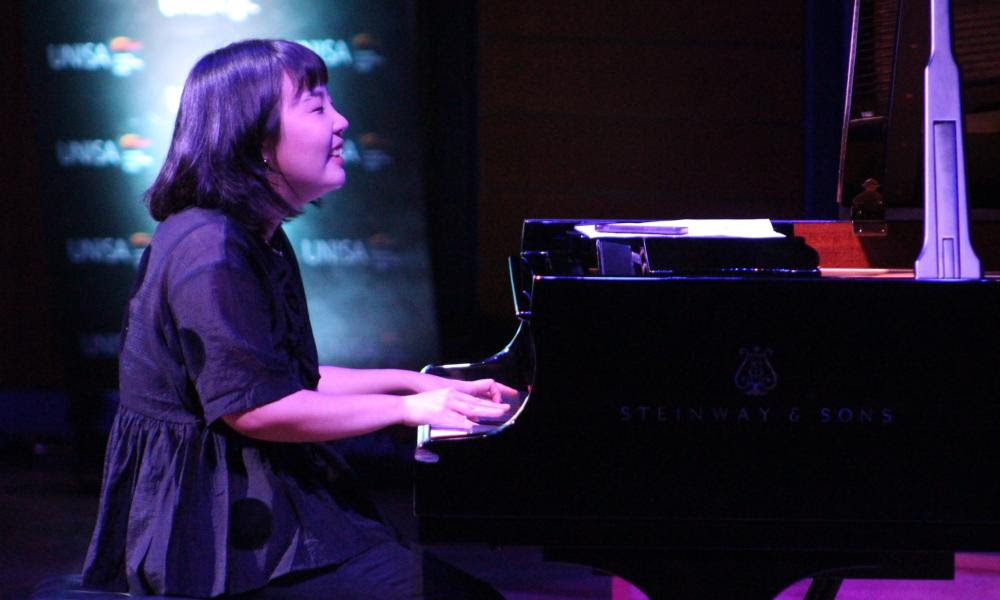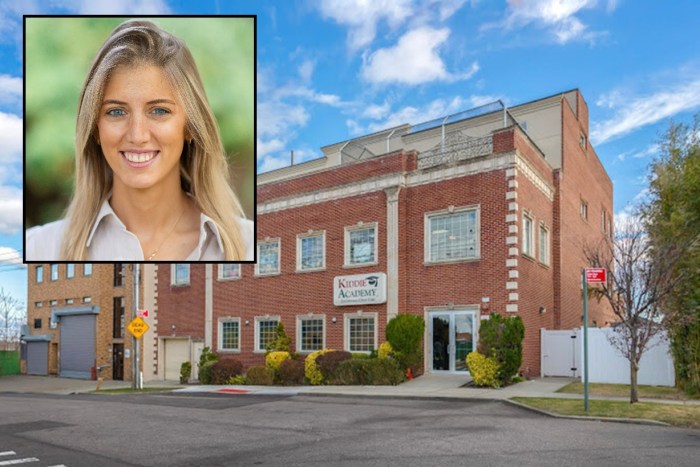A man who served nearly a quarter-century in prison for a retired police officer’s murder had his name cleared Monday thanks to updates in DNA forensic technology, Manhattan D.A. Alvin Bragg announced.
Prosecutors succeeded on Sept. 30 in vacating the conviction of Jon-Adrian “JJ” Velazquez, who served 23 years behind bars for the 1998 deadly shooting of retired Detective Albert Ward — a crime that Velazquez had always contended he did not commit.
New York Judge Abraham Clott granted prosecutors’ request to vacate the conviction and dismiss the indictment based on “newly discovered” DNA evidence.
“Who am I? I’m a very lucky man. I’m lucky that so many people believed in me,” Velazquez said in an ABC 7 article.
What happened during the crime?
Velazquez was charged in 1998 after two individuals committed a robbery of a gambling parlor on Frederick Douglas Boulevard in Harlem. During the chaos, the 59-year-old Ward, who was a retired police detective, pulled out a gun in an attempt to stop the robbery. A struggle ensued with one of the armed robbers, who identified himself as “Tee.”
“Tee” shot and killed Ward during the struggle, according to the D.A.’s office.
The D.A.’s office said eyewitnesses at the time of the robbery provided “inconsistent” descriptions of Velazquez that put him at the scene.

Velazquez, who maintained that he was innocent throughout his 23 years in prison, tried to vacate his conviction in 2014 and 2018, but both motions were denied by the court.
Fast forward to August 2021, when former Gov. Andrew Cuomo granted Velazquez clemency during his last days in office before his abrupt resignation. Although Velazquez became a free man, the courts still upheld his conviction — even though his DNA was not found at the scene of the crime.
But Judge Clott’s move on Monday to dismiss the conviction wipes Velazquez’s record clean, at least for this crime. The conviction and indictment for the killing has been dismissed and will be sealed in 30 days.
It is unclear if Velazquez, who was 22 at the time of Ward’s murder, has other crimes on his record. amNewYork Metro contacted Velazquez’s attorney, but did not get a response.
There is no evidence that points to another suspect, the D.A.’s office said, so Ward’s actual killer remains at large 26 years later. It is not clear if other perpetrators in the 1998 robbery were ever convicted.
Bragg created the Post-Conviction Justice Unit (PCJU) in 2022 to review closed cases. He opened a new investigation into Velazquez’s case, which included having the Office of the Chief Medical Examiner compare the defendant’s DNA to a betting slip that “Tee” handled before shooting Ward.
The testing found that Velazquez’s DNA was excluded – or not found – from a mixture of DNA on the betting slip handled by the shooter. This type of DNA comparison was not available at the time of Velazquez’s trial, Bragg’s office said.
The reinvestigation found that the results of the DNA testing could have impacted the jury’s consideration of other trial evidence, including Velazquez’s alibi, the fact that no evidence connected him to the crime, and that the eyewitnesses provided inconsistent descriptions, the D.A.’s office explained.
“JJ Velazquez has lived in the shadow of his conviction for more than 25 years, and I hope that today brings with it a new chapter for him,” Bragg said. “I am grateful to our Post-Conviction Justice Unit for its commitment to impartially uncovering the facts and evidence in this case.
Read More: https://www.amny.com/new-york/manhattan/the-villager/



